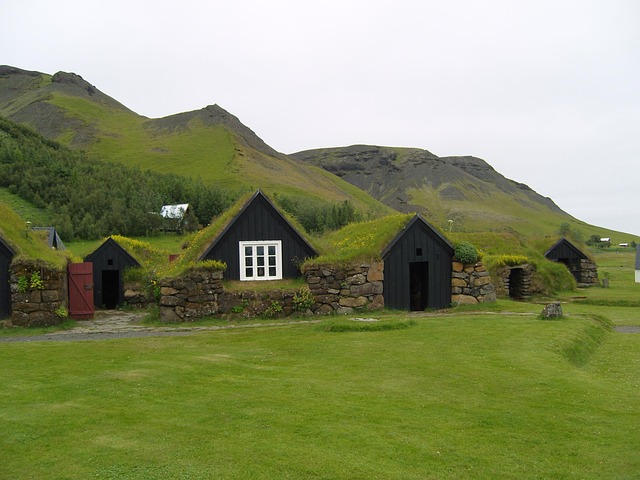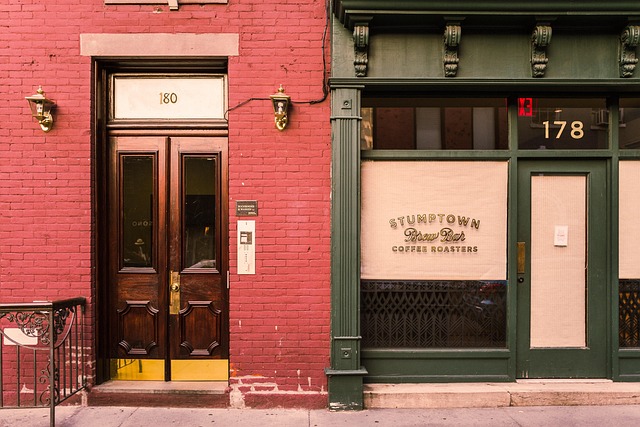In our fast-paced world, the importance of preserving our natural habitats has never been more critical. As urban areas expand, green spaces are increasingly at risk, yet they remain essential for our environment and well-being. The idea of a green area is more than just a patch of grass; it embodies a thriving ecosystem that supports diverse wildlife, purifies air and water, and offers us a tranquil escape from the hectic pace of modern life.
Creating and maintaining eco-friendly gardens is one of the most fulfilling ways to contribute to habitat conservation. By transforming our backyards, balconies, and community spaces into lush green areas, we can foster biodiversity while enjoying the beauty of nature right at our doorstep. Imagine stepping into a vibrant garden buzzing with the sounds of bees and butterflies, surrounded by fragrant flowers and the gentle rustle of leaves in the wind.
When planning your garden, consider selecting native plants that are well-adapted to your local climate and soil. Not only do they require less water and maintenance, but they also provide essential habitats for local wildlife. For instance, native flowering plants attract pollinators like bees and hummingbirds, while shrubs offer shelter for small birds and beneficial insects. You can create a mosaic of green areas in your garden that bloom year-round, ensuring that there’s always something for wildlife to enjoy.
Incorporating sustainable practices into your gardening routine can further enhance the health of your green area. Utilizing composting techniques reduces waste and enriches your soil, promoting robust plant growth. Rainwater harvesting systems can provide a natural water source for your plants, ensuring that you’re making the most of the resources around you. Additionally, employing organic pest control methods allows you to nurture your garden without introducing harmful chemicals that can seep into the surrounding environment.
It’s essential to think beyond individual gardens. Becoming an advocate for community green spaces is a powerful way to make a larger impact. Collaborate with neighbors, local organizations, and schools to establish community gardens or restore parks. These initiatives not only provide a wealth of benefits to the environment but also foster a sense of community, where individuals come together over a shared love for nature and a commitment to sustainability.
The connection we have with our green areas is profound and vital to our mental and physical health. Studies show that spending time in nature reduces stress, improves mood, and promotes overall well-being. By taking action to protect and enhance these natural spaces, we invest in our own quality of life while ensuring that future generations will also have the opportunity to experience the beauty and tranquility of flourishing ecosystems.
As we embark on this journey toward habitat conservation, let’s remember that every green area we nurture represents a step towards a healthier planet. Whether it’s a small balcony garden or a large community project, each effort counts. So grab your gardening tools, connect with nature, and cultivate a greener future for all!




